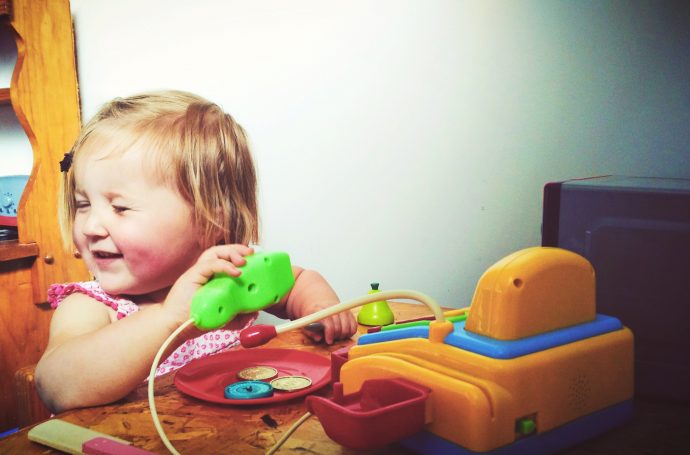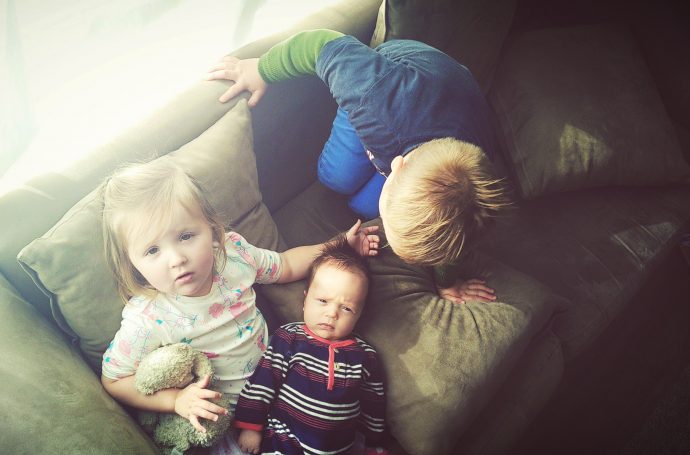I am an Upholder.
According to Gretchen Rubin, everyone responds differently to the idea of expectations – for some, it may be the ideals that esteemed others hold over them, others accept the bounds of expectation only after funnelling the idea through their own principles and then there are the rebels, who defy all hints of obligation altogether. For me it is a mixed bag – the expectations of others are equally as powerful as my inner drill sergeant that pushes me to achieve excellence at all costs. For those who love doing quizzes and finding out your ‘type’, check out the Four Tendencies link here.
When I set down ‘self-control’ for this month, I wasn’t entirely sure if it was a healthy move. After all, do I really need to ‘control’ myself more? Perhaps I would have been better to choose ‘relaxation’ as the option. Nevertheless, I reasoned, there are still many elements in my life that need work, and maybe self-control is the weapon to direct towards these blemishes.
Readers of this blog are already well aware of my bursts of rage and frustration, my indulgent love of wine (oh how I miss you!) and my struggles with pushing too hard in the task zone. I’ve been known to go into a shame spiral after failing on each of these fronts – punishing myself for not being patient enough, for relying on alcohol to get me through crazy hour and in not recognising my limits until it is too late. I realise this response, while familiar to some, is strongly tied to my ‘type’ as ‘The Perfectionist‘ in the Enneagram.
I thought that maybe I just needed to focus more on these failings and being more aware of my faults would help me in changing them. Alas, while somewhat helpful, it turns out that just knowing about one’s shortfalls is not enough to fix them.
I have vague memories of studying physics in high school. It certainly wasn’t a subject that changed my life, though I suspect that our science teacher’s ‘method’ of standing up the front and branching out onto impassioned monologues on unrelated topics of life may have had something to do with that. Stumbling upon the interview ‘Randomness and Choice‘ with physicist Leonard Mlodinow, has had a profound impact upon me, however.
Apparently, in the field of physics, it is proposed that “fundamental forces of physics somehow determine everything that happens…from the birth of a child to the birth of a galaxy.” I don’t really pretend to understand or grasp this concept at all, but listening to Mlodinow’s take on this was completely fascinating. He says: “What we don’t realize is how much of our feelings, our actions, our beliefs, are coming from our unconscious mind. And I think that when we raise our consciousness about our unconscious, you’re knowing yourself better. And to know yourself better, I think, is a good thing. You understand how you’re going to react, and you understand why you did things, and you just have more understanding for yourself. So it not only helps you make, in a way, better decisions economically, but it helps you make better decisions, I think, spiritually because you have, in a way, more tolerance for yourself as well as more understanding.”
This paragraph has totally altered the way I look at myself. It turns out the key to self-control is awareness after all, but not just awareness of one’s faults. It is the awareness that there was a complex series of events, triggers and stimuli leading up to that time that I just cracked it at Eli and my reaction of rage was a predictable response to that. Knowing this has short-circuited my shame spiral and changed it into a reaction of fascination instead. ‘What was it that led to that moment that made it inevitable for me to lose my shit?‘ I wonder. As I educate myself on these ‘behind the scenes’ contributors, I am beginning to see more clearly what triggers I need to avoid.
It wasn’t enough for me that I just needed to ‘be better’. To be more patient, more healthy, more balanced. While worthy goals, the mere thought of achieving them was only slightly motivating. One thing that has been helping me with my patience in pre-schooler negotiations is the idea of ‘non-complementary behaviour’.
Normally, it seems, people tend to mirror each other’s reactions. If someone is hostile to you, you are hostile back. If someone smiles and shows warmth, we are likely to do the same. A recent Invisibilia podcast called ‘Flip the Script’ visited what can happen when people choose to respond with warmth instead of hostility. It was profound. Looking at three different situations – an armed robbery during a dinner party, the response of police officers in Denmark to radicalisation and home-grown terrorism, and a dating website – it turns out that this simple concept contains incredible power.
This approach can be powerful in parenting. Simply being aware of the ability I have to ‘flip the script’ helps me stay calm that nanosecond longer in situations where normally I would have unleashed the full force of mummy fury. Instead of going straight to hostage mode, I try and show warmth and explain reasons behind my decisions, hoping to eventually provoke a mirroring of warmth in their behaviour. It actually does work… most of the time. Of course, I’m human, they are humans and we are all just going to lose it sometimes, but it really does seem like this is happening less and less.
I am no expert on self-control, but these insights have really helped me to feel as if I’m progressing in areas that had felt like surrender zones for a while now….Maybe it was pre-determined that I was going to listen to these podcasts? Hmm, that just makes my head hurt.
This piece is part of an exploration of monthly themes springing out of my resolutions for this year.
January: The Art of Hospitality
February: A Quest for Spirituality
March: The Audacity of Authenticity
April: The Genius of Generosity
May: The Fortune of Friendship
June: The Tapestry of Family
July: The Humour Chronicles
August: A Celebration of Serenity
September: Poetry & Passion
October: Grappling with Gratitude




